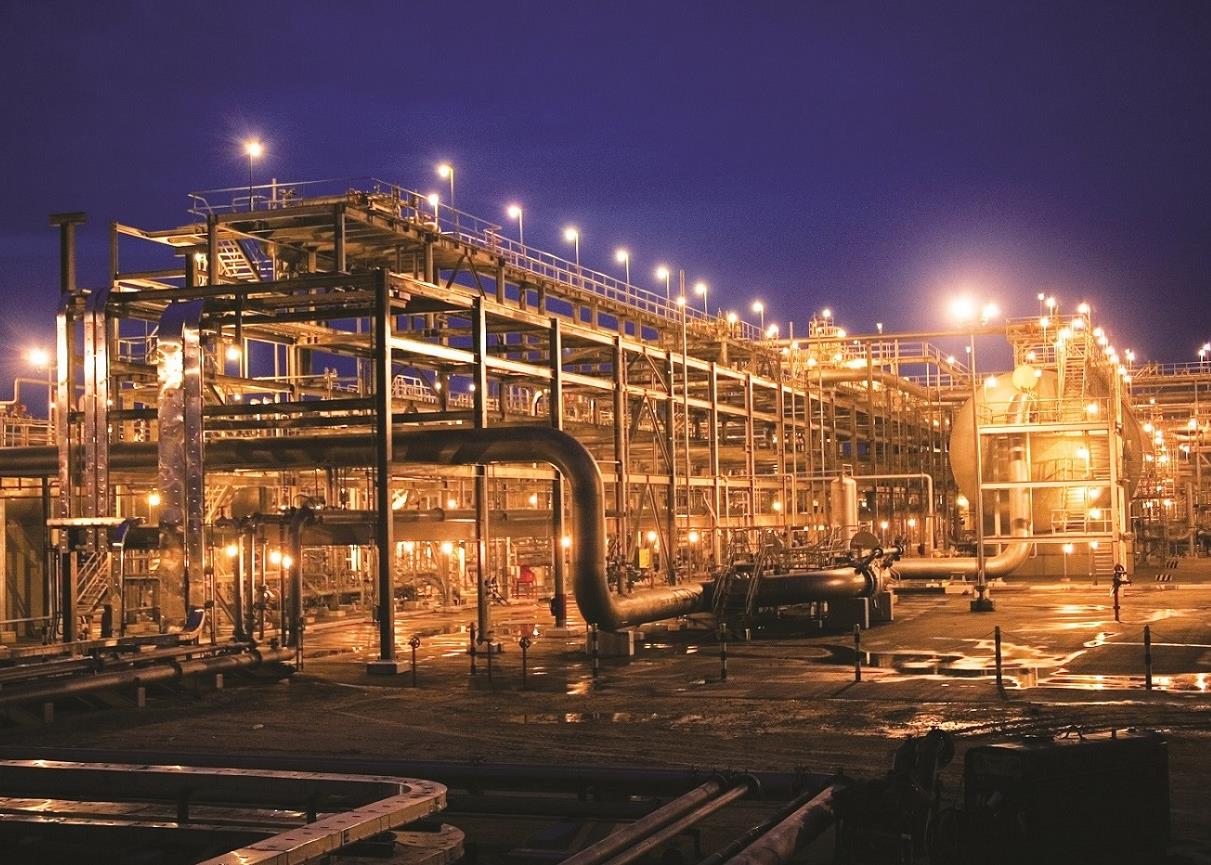

HKA’s Crux report has examined over 100 projects in Saudi Arabia that faced claims or disputes and found the total costs claimed exceeded $11.5bn.
Saudi Arabia’s $1tn-plus programme of projects for Vision 2030 could result in similar disputes if risks typically encountered on projects in the Middle East are not avoided.
HKA’s recently published Crux Insight report analyses global disputes and their causes. It found that for the Middle East, the average cost claimed was more than a third of project expenditure at 35.8 per cent.
The extensions of time claimed add more than 83 per cent to programme durations, compared with a global average of 68.6 per cent.
In Saudi Arabia, costs claimed were over 30 per cent of the project capital expenditure (capex). The extension of time claimed was even higher than in the rest of the Middle East at over 95 per cent of the planned duration.
“The report has shown us that on projects in the Middle East, where there was a claim or dispute, the average cost claimed was over $154m in value,” says Haroon Niazi, partner and head of Middle East at HKA.
“We are already seeing that a similar trend continues in all of the GCC countries, including of course Saudi Arabia. There is a massive push to get projects started and some of the challenges previously experienced over the last few years are being witnessed again.”
A key challenge on projects in Saudi Arabia is the ambitious completion dates.
“The target dates mean there is not much room for slippage,” says Niazi. “A one- or two-year delay on the project cannot be recovered.”
The report is accompanied by an interactive dashboard that shows the main causes of claims and disputes.
For building projects in Saudi Arabia, the top five causes are: change in scope, cashflow and payment issues, contract interpretation, incomplete design and late approvals.
For transport infrastructure, while the top five causes are similar, the ranking differs, comprising: change in scope, incomplete design, access to site/workforce issues, late approvals, and cashflow and payment Issues.
The report also concluded that tender costs have increased due to materials and skills shortages and supply chain disruption.
On top of the challenges associated with importing labour into the market, the skills shortage now represents a fundamental project delivery risk across many GCC states.
Niazi concluded that the “war for talent” will likely be a key factor as we move into 2023.
MEED’s October 2022 special report on Saudi Arabia includes:
> COMMENT | Saudi Arabia’s finances and ambition align
> ECONOMY | Saudi economy soars as globe flounders
> GOVERNMENT | Riyadh looks to renew investor appetite
> BANKING | Saudi lenders eye new growth opportunities
> UPSTREAM | Aramco paces ahead with upstream projects
> DOWNSTREAM | Saudi downstream schemes register progress
> CHEMICALS | Saudi Arabia accelerates chemical projects
> POWER: Saudi Arabia needs to ramp up renewables
> WATER | Riyadh to implement over $30bn of water projects
> CONSTRUCTION | Major projects drive Saudi construction
 |
You might also like...

Aramco allows more time for MGS package revised prices
18 April 2024

Morocco tenders high-speed rail project
18 April 2024

Egypt resumes power cuts
18 April 2024

Petrofac awards carbon capture sub-contract
18 April 2024
A MEED Subscription...
Subscribe or upgrade your current MEED.com package to support your strategic planning with the MENA region’s best source of business information. Proceed to our online shop below to find out more about the features in each package.




